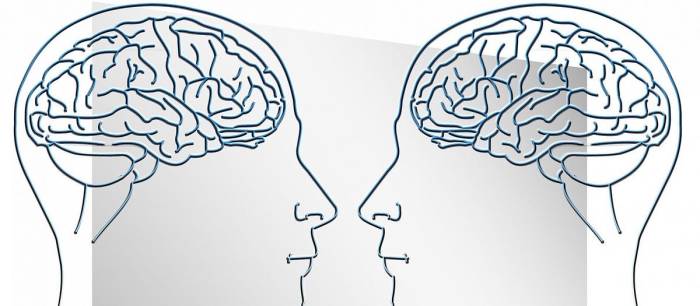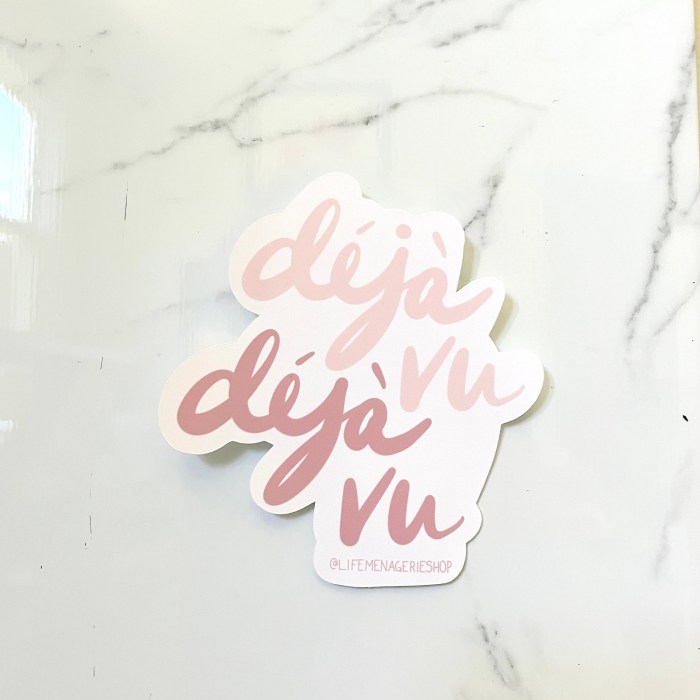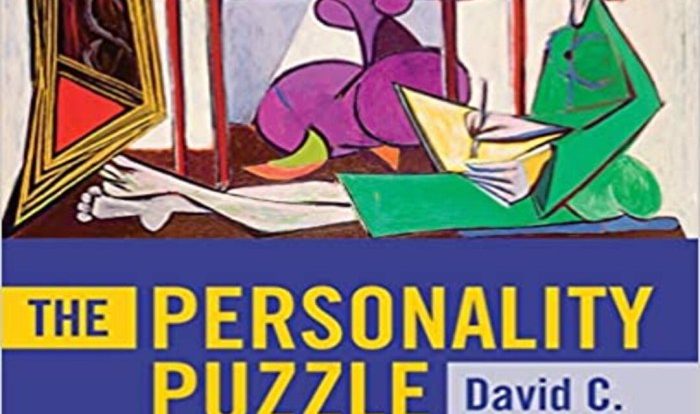Deja vu ap psychology definition refers to the psychological phenomenon of experiencing a strong sense of familiarity with a present situation, despite having no prior conscious memory of it. This subjective experience, often described as “I’ve been here before,” has intrigued psychologists and philosophers for centuries, leading to various theories and interpretations.
Theories range from memory malfunctions to neurobiological factors, while cultural and historical perspectives provide insights into the role of mythology, religion, and folklore in shaping beliefs about deja vu. In art, literature, and film, deja vu has been used as a literary device or artistic theme to explore themes of memory, identity, and time.
1. Deja Vu Definition and Experience

Deja vu is a French term that translates to “already seen” or “already experienced.” It refers to the subjective experience of feeling that a present situation or event has been experienced before, even though it is objectively a new experience.
Deja vu episodes are typically characterized by a sense of familiarity, a belief that the current situation is not actually new, and a feeling of strangeness or unreality.
Common Characteristics of Deja Vu
- A strong sense of familiarity
- A belief that the current situation has been experienced before
- A feeling of strangeness or unreality
- A sense of knowing what will happen next
- A feeling of having predicted the current situation
Triggers of Deja Vu, Deja vu ap psychology definition
- Novel or unfamiliar situations
- Stressful or emotional situations
- Fatigue or sleep deprivation
- Certain drugs or substances
- Epilepsy or other neurological conditions
2. Psychological Theories of Deja Vu

Several psychological theories have been proposed to explain the causes of deja vu. These theories can be broadly classified into three categories:
Memory-Based Theories
These theories suggest that deja vu is caused by a temporary malfunction in the memory system. Specifically, they propose that deja vu occurs when a new experience is mistakenly recognized as an old memory.
Perception-Based Theories
These theories propose that deja vu is caused by a temporary mismatch between the way the brain perceives and processes new information. Specifically, they suggest that deja vu occurs when the brain receives conflicting sensory information, leading to a feeling of familiarity.
Neurobiological Theories
These theories propose that deja vu is caused by abnormal activity in certain brain regions, particularly the hippocampus and the temporal lobes. These brain regions are involved in memory, perception, and the sense of familiarity.
3. Cultural and Historical Perspectives on Deja Vu
Deja vu has been interpreted and explained in various ways across different cultures and time periods.
Mythological and Religious Beliefs
In many cultures, deja vu has been associated with supernatural or divine forces. Some believe that deja vu is a sign of reincarnation or a glimpse into a past life. Others believe that deja vu is a message from the gods or spirits.
Folklore and Superstitions
Deja vu has also been the subject of folklore and superstitions. In some cultures, deja vu is believed to be a warning of impending danger or misfortune. In other cultures, deja vu is believed to be a sign of good luck or fortune.
4. Deja Vu in Art, Literature, and Film
Deja vu has been a popular theme in art, literature, and film for centuries.
Literature
Deja vu has been used as a literary device to explore themes of memory, identity, and time. Some notable examples include Marcel Proust’s “In Search of Lost Time” and Jorge Luis Borges’s “The Circular Ruins.”
Film
Deja vu has also been a popular theme in film. Some notable examples include “The Matrix” (1999), “Memento” (2000), and “Deja Vu” (2006).
5. Deja Vu and Related Phenomena: Deja Vu Ap Psychology Definition
Deja vu is closely related to several other psychological phenomena, including:
Jamais Vu
Jamais vu is the opposite of deja vu. It is the experience of feeling that a familiar situation or event is completely new or unfamiliar.
Presque Vu
Presque vu is the experience of being on the verge of remembering something, but not quite being able to retrieve it from memory.
General Inquiries
What are the common characteristics of deja vu episodes?
Deja vu episodes are typically characterized by a strong sense of familiarity, a belief that the present situation has been experienced before, and a lack of conscious memory of the previous experience.
What are the leading psychological theories that attempt to explain deja vu?
Leading psychological theories include the memory trace theory, the neurophysiological theory, and the simulation theory.
How is deja vu represented in art, literature, and film?
Deja vu has been used as a literary device or artistic theme to explore themes of memory, identity, and time in various forms of creative expression, such as literature, film, and art.
